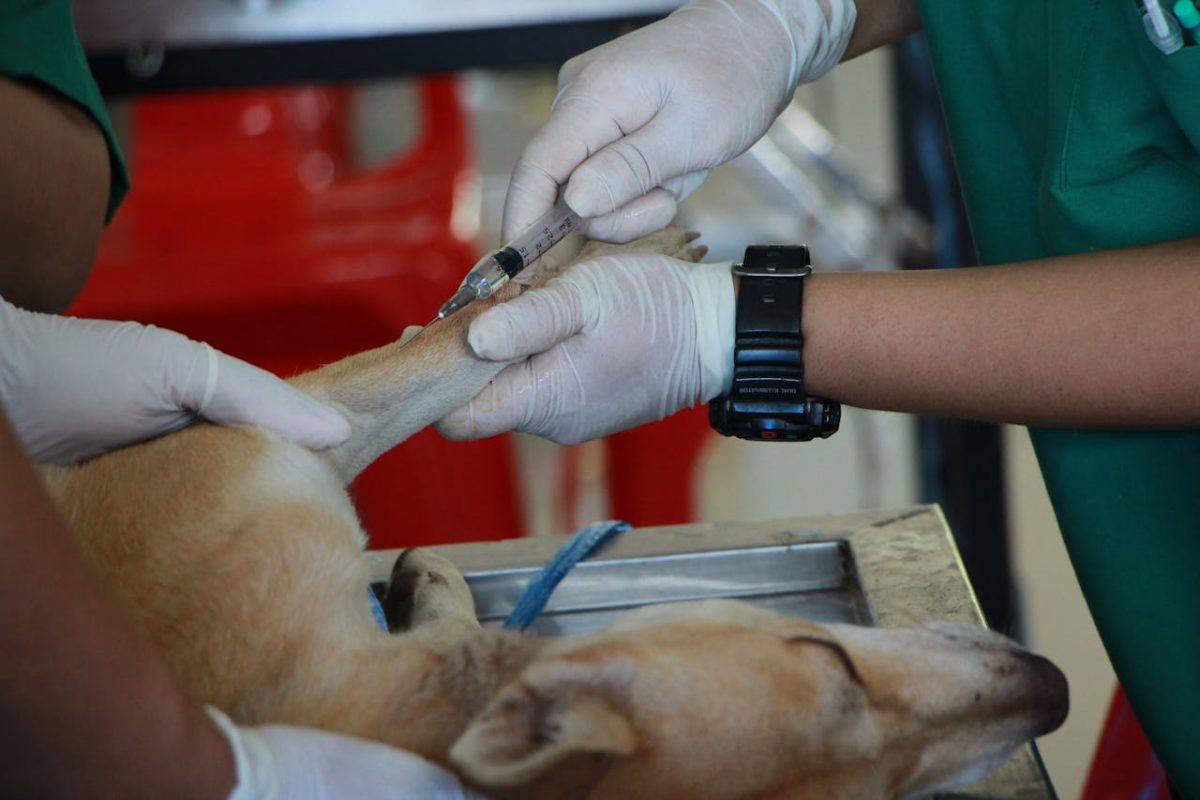Pet insurance is changing, and it’s not just about covering accidents or illnesses anymore. With the rise of genetic testing for pets, insurers are beginning to take a more personalized and preventative approach. If you’re a pet parent wondering how this shift might affect your furry family member, here’s a deeper look into the growing connection between pet insurance and genetic insights.
Understanding Genetic Testing for Pets
Genetic testing isn’t just for humans anymore. Today, pet parents can order DNA kits that offer insight into their dog or cat’s breed composition, potential health risks, and inherited traits. Companies like Embark, Wisdom Panel, and Basepaws are making it easier than ever to understand what might be hiding in a pet’s DNA.
For example, a test could reveal a predisposition to hip dysplasia in large breeds or a heart condition common in certain cats. With this knowledge, pet owners can work with veterinarians to stay one step ahead of health problems.
How Insurers Are Using Genetic Information
Some pet insurance providers are starting to see the value in these DNA results. Rather than offering one-size-fits-all plans, they’re exploring how to tailor coverage based on a pet’s genetic profile.
Here are a few emerging trends:
- Customized premiums: Pets with fewer hereditary risks might qualify for lower monthly premiums.
- Preventative care benefits: Some plans may soon offer extra perks or discounts for pets whose owners use genetic testing to catch issues early.
- Exclusion clarity: If an inherited condition is identified early, insurers may be more transparent about whether it’s covered, something that’s been confusing for many policyholders in the past.
The Controversial Side of Genetic-Based Coverage
With innovation comes concern. Some pet parents worry that using genetic data could lead to discrimination, with insurers denying coverage or raising prices based on breed-related risks. This raises ethical questions about fairness, especially for mixed breeds or rescues whose history isn’t well documented.
However, supporters argue that genetic testing could lead to more informed policies, better care, and longer lives for pets. If used responsibly, the data could help insurers support wellness, not just react to illness.
What This Means for You and Your Pet
If you’re considering pet insurance, now is a good time to explore how forward-thinking providers are integrating genetic testing. Ask whether they:
- Accept or encourage DNA test results
- Offer discounts for pets enrolled in preventative care plans
- Clearly explain what hereditary conditions are covered
It’s also worth discussing test results with your vet. Genetic insights aren’t meant to predict your pet’s fate, but they can give you helpful information to make smarter decisions.
Looking Ahead
As genetic science becomes more accessible, expect pet insurance to continue evolving. What was once a safety net for the unexpected is becoming a tool for prevention, personalization, and proactive care.
The future of pet health may lie not just in treating what’s visible, but in understanding what lies beneath the surface. And for devoted pet parents, that’s a powerful step forward.



